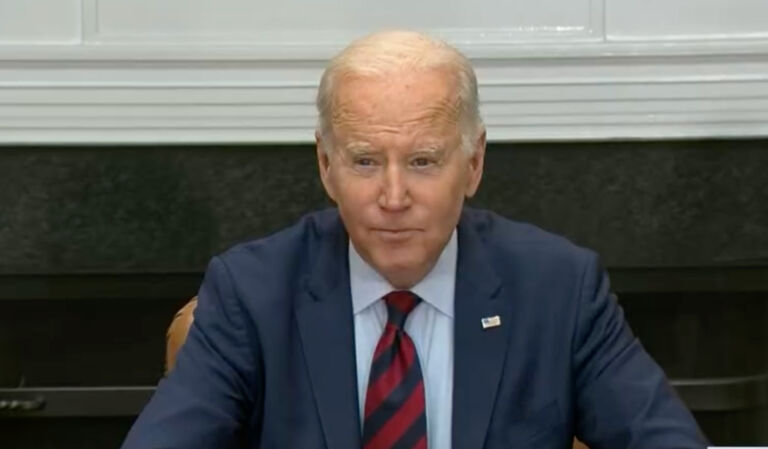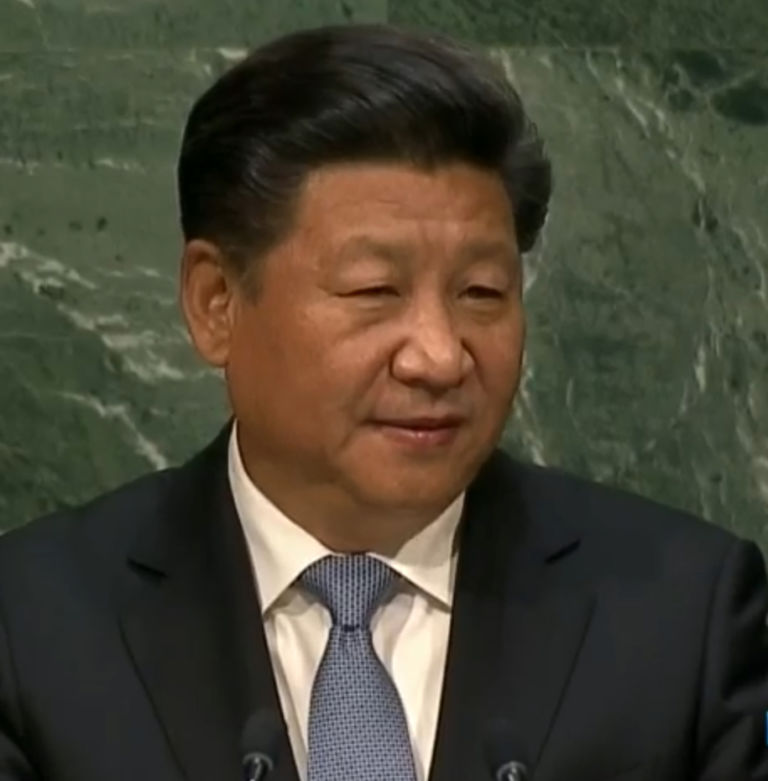Luther Ray Abel writes at National Review Online about the enduring power of great writing.
The Free Press, an excellent upstart journalistic outfit, has a piece from Yeonmi Park, a young woman who escaped North Korea. Early on, Park observes how insulated Americans, especially American liberals, are from real political repression — or from doing anything about repression elsewhere. Eventually educated at Columbia, Park discusses her wide-eyed acceptance of the breathless terror propagated in 2016 by the New York Times and Washington Post led her to believe she was in nearly as terrible a place as the one from which she had escaped.
But then, books — the Western canon.
Yeonmi Park writes:
“It took a long time for me to start thinking for myself, rather than within the boundaries set for me. For the first fourteen years of my life, which is when we learn how to think, there was no thinking for me to do. What kind of haircut should I get? That was a decision made only by the regime. What kind of music should I listen to? The regime decided for us. What kinds of books and movies? The regime, again. There was no opportunity to develop critical human faculties like judgment, imagination, or taste, which of course is the objective of every dictatorial regime.
“North Korea is so successful in this respect that once I was finally free in South Korea, I was crippled by the expectation and even the thought that I had to make decisions and think for myself. Which jeans should I wear?” …
… “It was not the education I received at Columbia, or following the American press, that helped me finally break out of this habit. It was reading old books. Michael Young’s The Rise of the Meritocracy was one; George Orwell’s collected writings were another. I started to believe, as I still do now, that the only way to think for yourself is to ignore the mainstream media, and largely forget the daily news cycle, and connect instead with the great minds of the past, who know all of our problems better than we do ourselves.”


